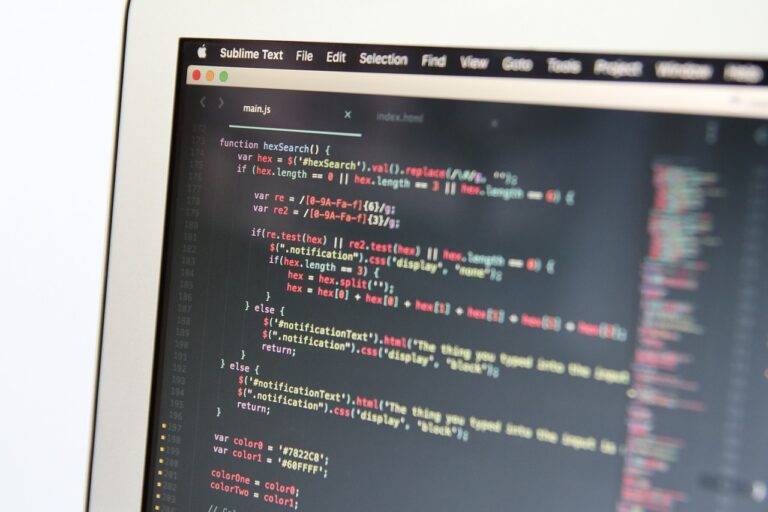Exploring the Potential of Quantum Computing in Business Applications
Quantum computing is a revolutionary approach to processing information that harnesses the principles of quantum mechanics. Unlike classical computers that use bits as the basic unit of information, quantum computers use qubits. Qubits can exist in multiple states simultaneously due to the phenomenon of superposition, allowing quantum computers to perform complex calculations at a much faster rate than classical computers.
Another key concept in quantum computing is entanglement, where qubits become interconnected regardless of the distance between them. This interconnectedness enables quantum computers to process information in parallel, leading to exponential speedup in solving certain problems. Harnessing the power of superposition and entanglement, quantum computing shows promising advancements in fields such as cryptography, optimization, and machine learning.
Understanding Quantum Computing vs. Classical Computing
Quantum computing and classical computing are two distinct paradigms that approach data processing in fundamentally different ways. Classical computing relies on bits, which exist in a state of either 0 or 1, allowing for linear processing of information. In contrast, quantum computing uses quantum bits, or qubits, which can exist in multiple states simultaneously due to the principles of superposition and entanglement.
This unique property of qubits enables quantum computers to perform computations at a much faster rate than classical computers for certain types of problems. While classical computers are best suited for tasks that involve straightforward calculations and logic operations, quantum computers excel in solving complex problems such as cryptography, optimization, and simulating quantum systems. As the field of quantum computing continues to advance, researchers are exploring ways to harness the power of qubits to revolutionize industries ranging from healthcare to finance.
What is the main difference between quantum computing and classical computing?
Quantum computing utilizes quantum bits (qubits) to perform calculations using quantum phenomena such as superposition and entanglement, while classical computing uses bits to perform calculations based on classical physics principles.
How does superposition work in quantum computing?
Superposition allows qubits to exist in multiple states simultaneously, enabling quantum computers to process information in parallel and potentially solve complex problems much faster than classical computers.
What is entanglement in quantum computing?
Entanglement is a phenomenon where two qubits become correlated with each other, regardless of the distance between them. This allows quantum computers to perform operations on multiple qubits at once, leading to increased computational power.
Can quantum computers completely replace classical computers?
While quantum computers show great potential for solving certain types of problems more efficiently, they are not expected to completely replace classical computers. Both types of computers have their own strengths and limitations, making them suitable for different tasks.
Are quantum computers accessible to the general public?
Quantum computers are still in the early stages of development and are primarily used for research purposes by universities, governments, and large corporations. However, as the technology advances, it is possible that quantum computing will become more accessible to the general public in the future.





